Obiettivi
Allowing the students to:
1. understand the main features of what is commonly referred to as Metaphysical Poetry;
2. John Donne's work with a more specific focus on his Sonnet X;
3. improve their general knowledge of religious poetry;
4. get an idea of what philosophical poetry is;
5. comprehend the links between Donne's life's experiences and his poetical production.
Tempo di apprendimento
Apprendimento in: 2 hours
L'argomento

A How-To Guide
Stage 1 – On your textbook
1.1. Read page 98 [Metaphysical Poetry] and do Exercises 1, 2 and 3.
Remember that the noun drama and the adjective dramatic are used in the passage with a precise reference to plays.
1.2. Read pages 164/5 [John Donne]
You can easily skip all those detailed information about his life but pay attention to the division in two periods of his works: the one of Songs and Sonnets, when he was still a Catholic, and the one of Holy Sonnets after his conversion to Anglicanism. After all, what really matters is that you are able to do Exercise 2 and understand the reasons why:
1. he is considered a Metaphysical poet;
2. he focuses on the two-way relationship between body and spirit, profane and sacred;
3. he was an Anti-Petrarchan poet both in form and content.
Stage 2 – Online
2.1. METAPHYSICAL POETRY AND DONNE (PPT Presentation)
Sum up your knowledge through the reading of the PPT presentation from your textbook.
Be advised that, sometimes, in order to read the content of the slides you may need to click or tap otherwise they may look like blank pages.
2.2. ZTE Test (Online Activity)
Do the self evaluation test on the ZTE website where you can skip the one about Donne’s life.
2.3. Interpretation of “Death be not proud” (Online Activity)
Read the “line-by-line” analysis of Death be not proud (or Sonnet X).
Before reading the analysis you are asked to read the poem trying to analyse it on your own so as to improve both your linguistic and literary skills.
Death, be not proud
Death, be not proud, though some have called thee
Mighty and dreadful, for thou art not so;
For those whom thou think’st thou dost overthrow
Die not, poor Death, nor yet canst thou kill me.From rest and sleep, which but thy pictures be,
Much pleasure; then from thee much more must flow,
And soonest our best men with thee do go,
Rest of their bones, and soul’s delivery.Thou art slave to fate, chance, kings, and desperate men,
And dost with poison, war, and sickness dwell,
And poppy or charms can make us sleep as well
And better than thy stroke; why swell’st thou then?One short sleep past, we wake eternally
And death shall be no more; Death, thou shalt die.
2.4. Understanding Donne’s “Death be not proud” (Video Resource)
Complete your knowledge of the sonnet watching the video. In case you can’t understand some words or sentences you may turn on the subtitles.
2.5. John Donne’s Poetry (Video Resource)
This is an OPTIONAL activity and it’s meant for further study only.
Testing yourselves
Do the attached test and grade your knowledge.
Attività
As outlined above.
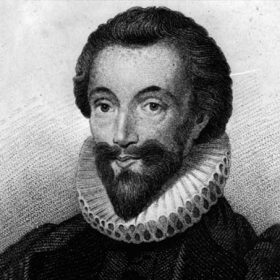




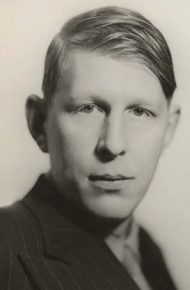
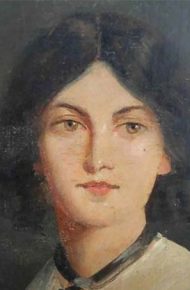
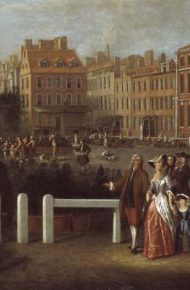
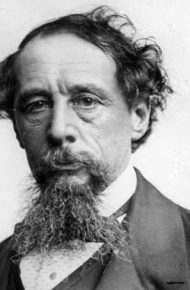
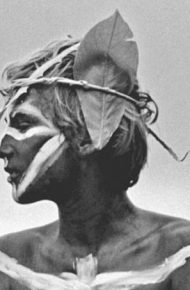
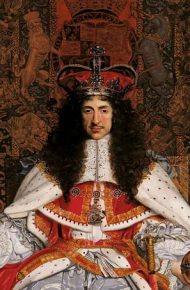
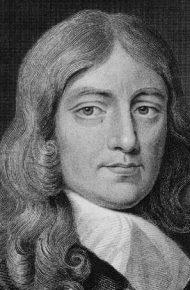
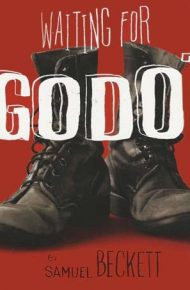

da Redazione